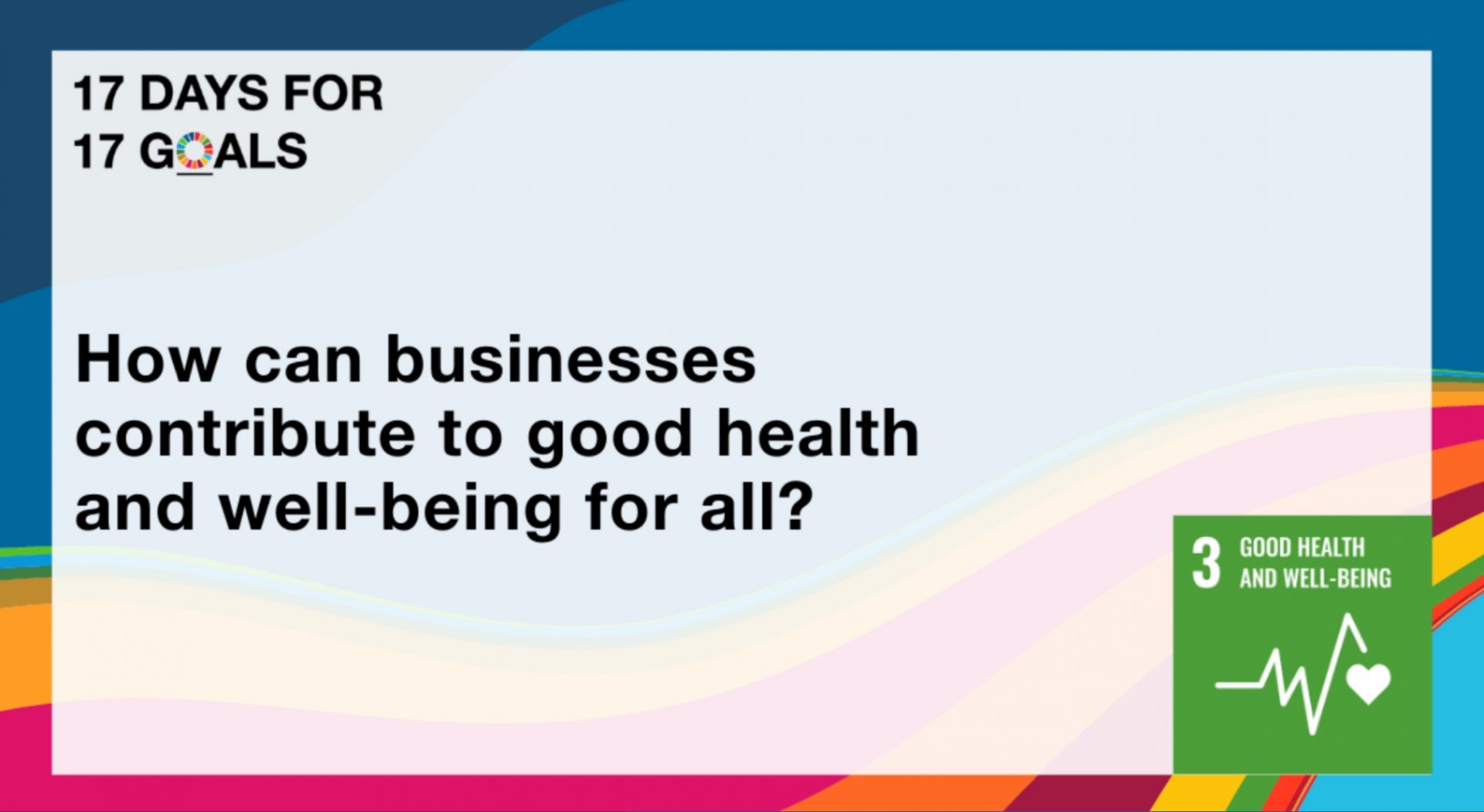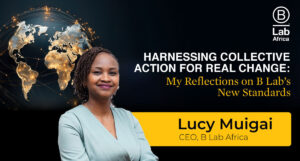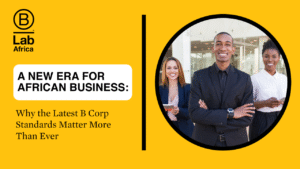We caught up with Olivelink Healthcare, who provide timely and quality healthcare to vulnerable people in Kenya, to deep dive into SDG 3
In an interview by email, B Lab Africa spoke with Josephine Suleiman, CEO and Founder of Olivelink Healthcare in Kenya whose vision is to provide quality patient centered healthcare services to the masses leaving in the informal (slums) settlements throughout East Africa. Ms. Suleiman having worked in the banking industry for 18 years, had an opportunity to manage a level 4 hospital as the administrator after she retired from the bank. She was an administrator for a period of 9 years, within which time, she developed a great interest in the health sector.
Can you explain the concept of health equity to those who might not be aware of its meaning? And, how are health equity and the SDGs connected?
Josephine: Health equity means that everyone has a fair and just opportunity to be healthy. However, factors outside of a person’s control, such as discrimination and lack of resources, can prevent them from achieving their best health. Working toward health equity requires removing obstacles to health such as poverty, discrimination, and their consequences, including powerlessness and lack of access to good jobs with fair pay, quality education and housing, safe environments, and health care.
The SDGs and health equity are interlinked in the sense that there are specific SDG that address issues that affect or hinder health equity:
- SDG 3 – Aspires to ensure health and wellbeing for all
- SDG 1 – No poverty (one of the hindrances of health equity
- SDG 4 – Quality education
- SDG 8 – Decent work (and fair pay)
- SDG 5 – Gender equality (Discrimination)
By addressing these SDGs, we are addressing the hindrances to health equity and if we can achieve all the SDGs, we will have achieved health equity.
How can businesses play a role in advancing health equity and supporting the health and well-being of their workers, especially now during COVID-19?
Josephine: Businesses have a big role to play in promoting health equity for their employees. This can be achieved by businesses:
- Having health promoting policies at work place;
- Being good payers (this means including paid leave, paid parental leave and paid sick leave);
- Offering health benefits to their employees;
- Ensuring high standards of health and safety at workplaces; and
- Businesses that innovate and adapt quickly, especially during this Covid-19, will be able to keep their employees from losing their jobs.
How is Olivelink Healthcare contributing to health equity as an essential component to sustainable development in Africa?
Jospehine: Ensuring healthy lives and promoting well-being at all ages is essential to sustainable development. This is through provision of affordable, accessible, quality, patient-centred healthcare services to informal communities that are underserved. Over 110,000 patients have received quality care through our clinic. Amongst these are 4,000 expectant mothers who have had safe deliveries and over 35,000 babies immunized. A total of over 500,000 lives have been impacted based on a family size of 5 common within the communities that we serve.





